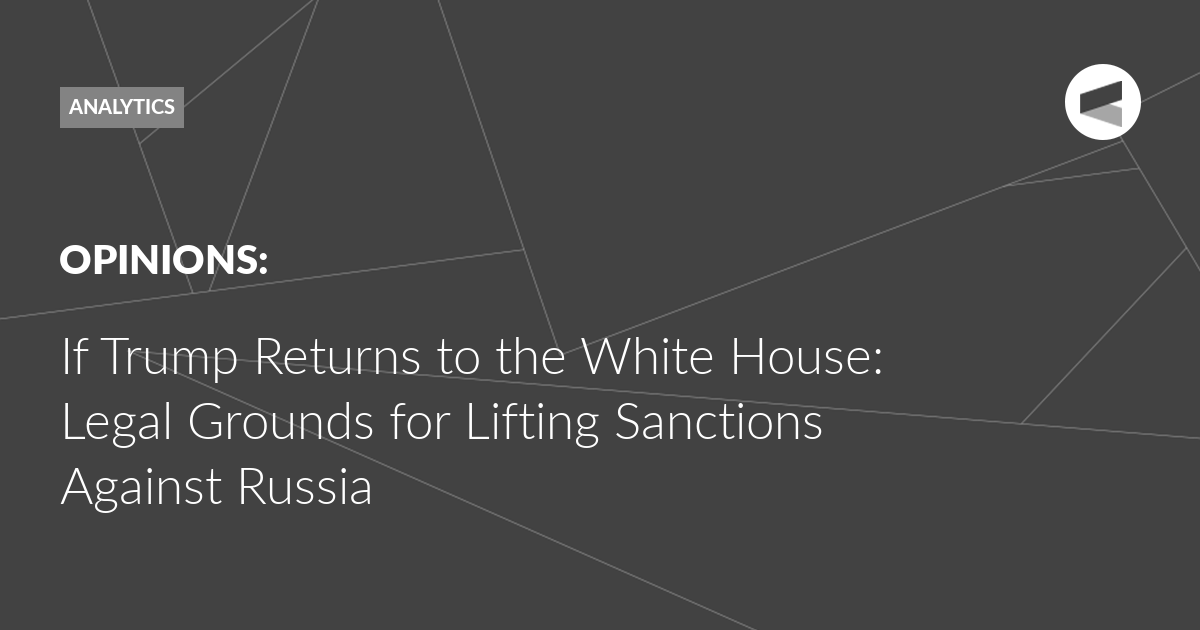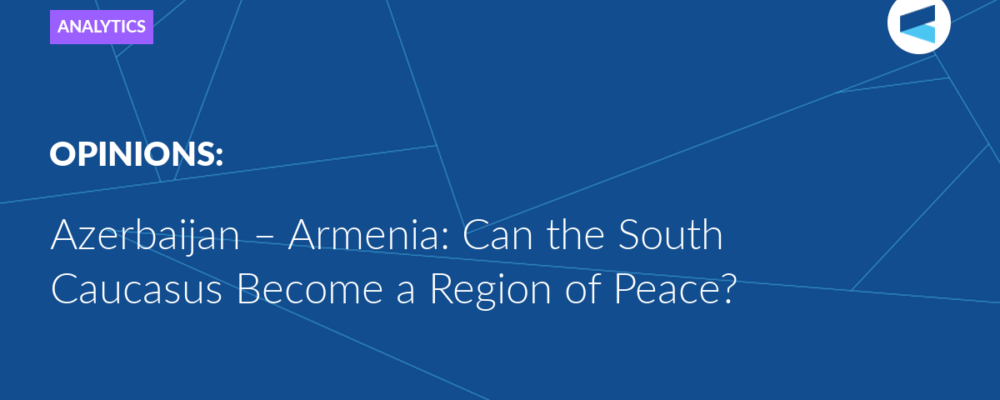If Donald Trump terminates the new national emergency declared via Executive Order 14024, then all those included in the SDN on its grounds will be excluded. This also applies to sectoral sanctions. The sanctions imposed by the Obama administration with respect to the Ukrainian issue, digital security and other issues will remain.
There are quite a few precedents for such cancellations. Thus, Biden, already in the first months of his presidency, cancelled Trump’s executive order on sanctions against judges and functionaries of the International Criminal Court.
The latest example is dated March 4 of this year, when Biden cancelled the international emergency in the United States due to the situation in Zimbabwe, introduced 21 years ago by Executive Order 13288.
All those included in the SDN on its grounds were excluded.
European Union
In the European Union, sanctions fall under the Common Foreign and Security Policy (CFSP). This is Title 5, Chapter 2 of the Treaty on the EU (TEU). By virtue of Article 29, the Council of the EU has the power to take decisions determining the position of the Union on individual issues of a geographical or thematic nature. On this basis, on 17 March 2014, Decision 145
and Regulation 269
on sanctions against Russia were adopted. At that time, all 28 member states of the EU voted for this decision. Article 6 of the Decision specifies its validity period — only six months, until September 17, 2014. On that date, the acts were extended for another six months, so their validity is extended twice a year: every mid-September and mid-March. Other sanctions regimes against Russia are also extended.
In the second half of 2024, Hungary holds the Presidency of the EU Council. The President determines the agenda, holds meetings and votes. EU Council meetings were held on September 12-13 with an agenda on extending the blocking anti-Russian sanctions until mid-March next year. Article 31 of the TEU requires unanimity when making such decisions, that is, for all EU member states to vote in favour.
Let us imagine Hungary’s demarche and its vote against the agenda item on extending the blocking anti-Russian sanctions. Legally, Decision 145 would cease to be effective. Following this, Regulation 269 would also lose its force. All those included in the list on their grounds would be exempt from the blocking sanctions. Of course, there were few reasons to believe in such a demarche this year. Thus, on July 22, Hungary, already holding the EU presidency, together with the other 26 member states of the bloc, unanimously extended the sectoral sanctions against Russia until January 31, 2025,
and also supported all other decisions of the EU Council on sanctions against Russia. But if Trump wins the election and after his inauguration cancels Biden’s Order 14024, Hungary may quite openly follow the same path and vote against another extension of one of the anti-Russian sanctions packages. There are no political grounds for such steps in the current conditions, but the legal mechanisms for making decisions on sanctions in the US and the EU should be taken into account.
The Valdai Discussion Club was established in 2004. It is named after Lake Valdai, which is located close to Veliky Novgorod, where the Club’s first meeting took place.
Please visit the firm link to site






